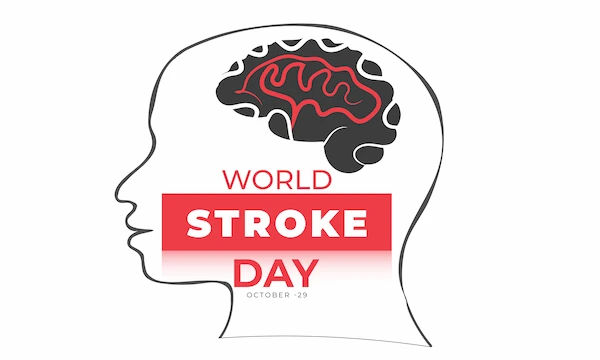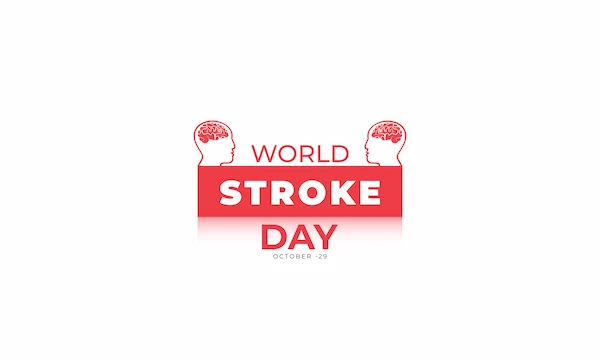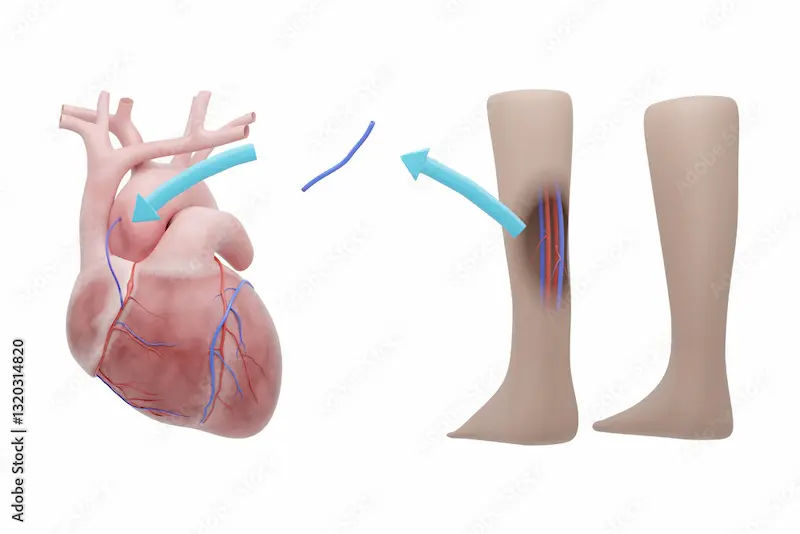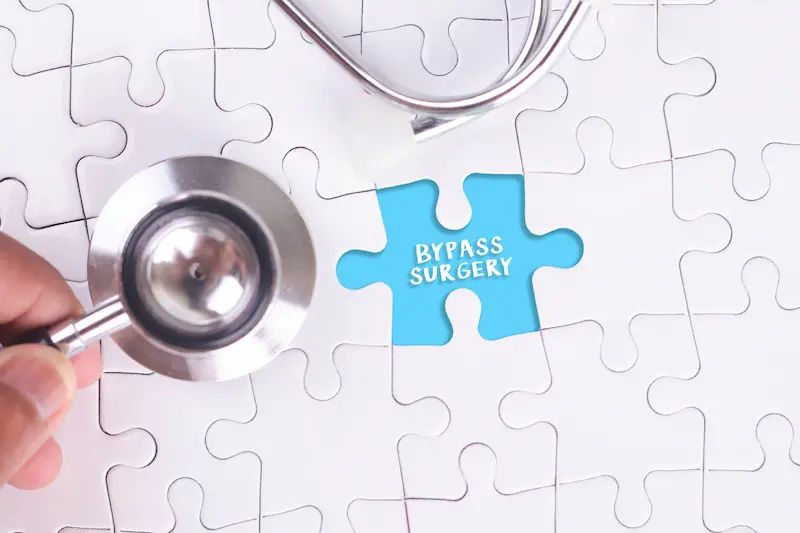What To Avoid After Angioplasty?
Discover what to avoid after angioplasty to ensure proper healing and long-term heart health. Get expert-backed recovery tips.


Introduction
Undergoing angioplasty is a significant step toward improving heart health, but recovery requires careful attention to lifestyle choices. After the procedure, your body needs time to heal, and certain habits or activities can hinder recovery or increase the risk of complications.
This article will guide you on what to avoid after angioplasty to ensure a smooth recovery and long-term heart health.
Understanding Angioplasty and Its Importance
Angioplasty is a minimally invasive procedure that opens blocked or narrowed coronary arteries to restore proper blood flow to the heart. A small balloon is inflated inside the artery, and often a stent (a tiny mesh tube) is placed to keep the artery open.
While angioplasty provides immediate relief from symptoms like chest pain (angina) and reduces the risk of a heart attack, it is not a permanent cure. Lifestyle changes are crucial to prevent future blockages.
Consult Top Specialists for Personalised Heart Health Advice
What Should You Avoid After Angioplasty?
Knowing what to avoid is just as important as knowing what to do. Here are some of the key habits and activities to steer clear of:
1. Ignoring Medication
After angioplasty, your doctor will prescribe medications such as:
Blood thinners (antiplatelets) to prevent blood clots around the stent.
Statins to control cholesterol.
Blood pressure medications to reduce strain on the heart.
Why avoid skipping them?
Stopping these medications abruptly can lead to stent blockage, increasing the risk of a heart attack. Always take medicines as prescribed and consult your doctor before making any changes.
2. Smoking and Alcohol Consumption
Tobacco and excessive alcohol intake are both known to negatively affect heart health.
Why quit smoking?
Damages blood vessels, increasing the risk of new blockages.
Reduces oxygen supply to the heart.
Why limit alcohol?
Excessive drinking can raise blood pressure and weaken the heart muscle.
It may interfere with medications.
What to do instead?
Quit smoking completely. Seek help from support groups or nicotine replacement therapy if needed.
Limit alcohol to moderate levels (1 drink per day for women, 2 for men) or avoid it altogether.
3. Unhealthy Eating Habits
Post-angioplasty, diet plays a vital role in recovery and prevention of further blockages.
Foods to avoid:
Fried and processed items such as chips, packaged snacks, and fast food.
Excessive salt from canned foods, pickles, and processed meats.
Sugary foods like pastries, sweets, and soft drinks.
Red meat and full-fat dairy products like butter, cream and cheese.
What to eat instead?
Fresh fruits, vegetables, whole grains, nuts, and seeds.
Lean proteins like fish, chicken, and plant-based options.
Healthy fats from olive oil, avocados, and fatty fish like salmon.
4. Sedentary Lifestyle
While rest is important initially, prolonged inactivity can slow recovery and increase the risk of blood clots.
What to avoid?
Sitting or lying down for long hours without movement.
Heavy lifting or strenuous exercise too soon.
What to do instead?
Start with light walking (as advised by your doctor).
Gradually increase activity under medical supervision.
Avoid intense workouts until cleared by your cardiologist.
5. Stress and Poor Sleep
Chronic stress and lack of sleep can raise blood pressure and strain the heart.
What to avoid?
Overworking or taking excessive stress.
Poor sleep habits (late nights, irregular sleep schedule).
What to do instead?
Practice relaxation techniques (deep breathing, meditation, yoga).
Maintain a regular sleep routine (7-8 hours per night).
Engage in hobbies or activities that bring joy.
6. Skipping Follow-Up Appointments
Regular check-ups help monitor heart health and detect any issues early.
Why avoid missing them?
Ensures proper stent function.
Helps adjust medications if needed.
What to do instead?
Keep all scheduled follow-ups with your cardiologist.
Report any unusual symptoms (chest pain, shortness of breath, dizziness).
7. Ignoring Warning Signs
Some symptoms after angioplasty may indicate complications. Seek immediate medical help if you experience:
Chest pain or discomfort.
Shortness of breath.
Swelling or pain in the legs (possible blood clot).
Fever or signs of infection at the catheter insertion site.
Tips for a Healthy Recovery
To support your heart’s healing and avoid complications, consider adopting these simple yet effective habits:
Stay hydrated – Helps with circulation and medication effectiveness.
Monitor weight – Sudden weight gain may indicate fluid retention.
Control blood sugar (if diabetic) – High sugar levels can damage blood vessels.
Join cardiac rehab – Supervised exercise and education for heart patients.
When to Consult a Doctor?
If you experience any unusual symptoms or need guidance on post-angioplasty care, consult a cardiologist. Apollo 24|7 offers expert consultations and follow-up care to support your heart health journey.
Book an appointment today for personalised advice and ensure a safe recovery.
Final Thoughts
Angioplasty is a life-saving procedure, but long-term success depends on healthy lifestyle choices. Avoiding harmful habits, taking medications as prescribed, and staying active can help you maintain a strong and healthy heart. By following these guidelines, you can reduce the risk of future complications and enjoy a better quality of life.
Would you like to schedule a post-angioplasty check-up? Visit Apollo 24|7 for expert cardiac care.
Consult Top Cardiologists
Consult Top Specialists for Personalised Heart Health Advice

Dr. Anand Ravi
General Physician
2 Years • MBBS
Bengaluru
PRESTIGE SHANTHINIKETAN - SOCIETY CLINIC, Bengaluru

Dr. Zulkarnain
General Physician
2 Years • MBBS, PGDM, FFM
Bengaluru
PRESTIGE SHANTHINIKETAN - SOCIETY CLINIC, Bengaluru

Dr. Tripti Deb
Cardiologist
40 Years • MBBS, MD, DM, FACC, FESC
Hyderabad
Apollo Hospitals Jubilee Hills, Hyderabad
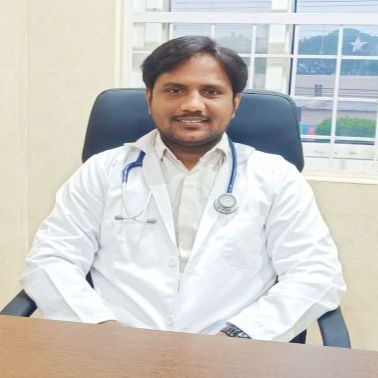
Dr. Haider Shaik.
Cardiologist
5 Years • MBBS, MD (Pulmonology) DrNB (Cardiology)
Guntur
Kalam chest and multi-speciality clinic, Guntur

Dr. E Prabhakar Sastry
General Physician/ Internal Medicine Specialist
40 Years • MD(Internal Medicine)
Manikonda Jagir
Apollo Clinic, Manikonda, Manikonda Jagir
(150+ Patients)
Consult Top Cardiologists

Dr. Anand Ravi
General Physician
2 Years • MBBS
Bengaluru
PRESTIGE SHANTHINIKETAN - SOCIETY CLINIC, Bengaluru

Dr. Zulkarnain
General Physician
2 Years • MBBS, PGDM, FFM
Bengaluru
PRESTIGE SHANTHINIKETAN - SOCIETY CLINIC, Bengaluru

Dr. Tripti Deb
Cardiologist
40 Years • MBBS, MD, DM, FACC, FESC
Hyderabad
Apollo Hospitals Jubilee Hills, Hyderabad

Dr. Haider Shaik.
Cardiologist
5 Years • MBBS, MD (Pulmonology) DrNB (Cardiology)
Guntur
Kalam chest and multi-speciality clinic, Guntur

Dr. E Prabhakar Sastry
General Physician/ Internal Medicine Specialist
40 Years • MD(Internal Medicine)
Manikonda Jagir
Apollo Clinic, Manikonda, Manikonda Jagir
(150+ Patients)
